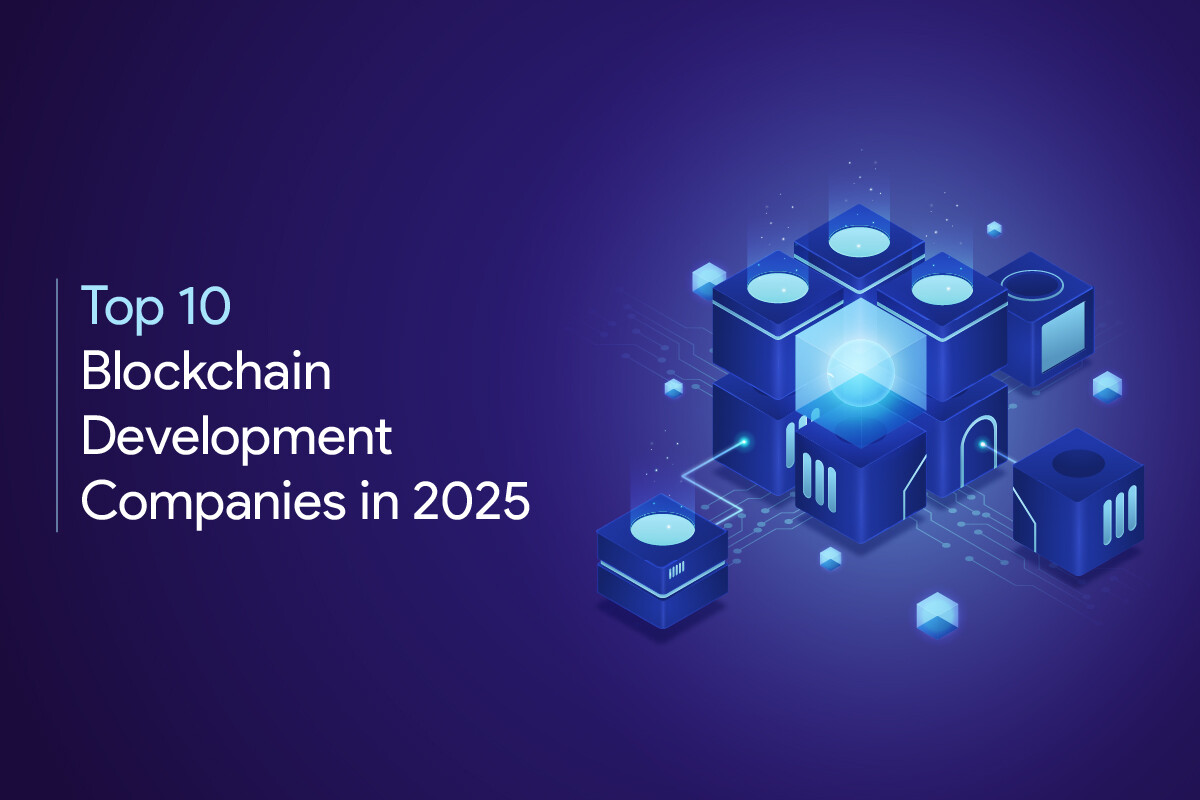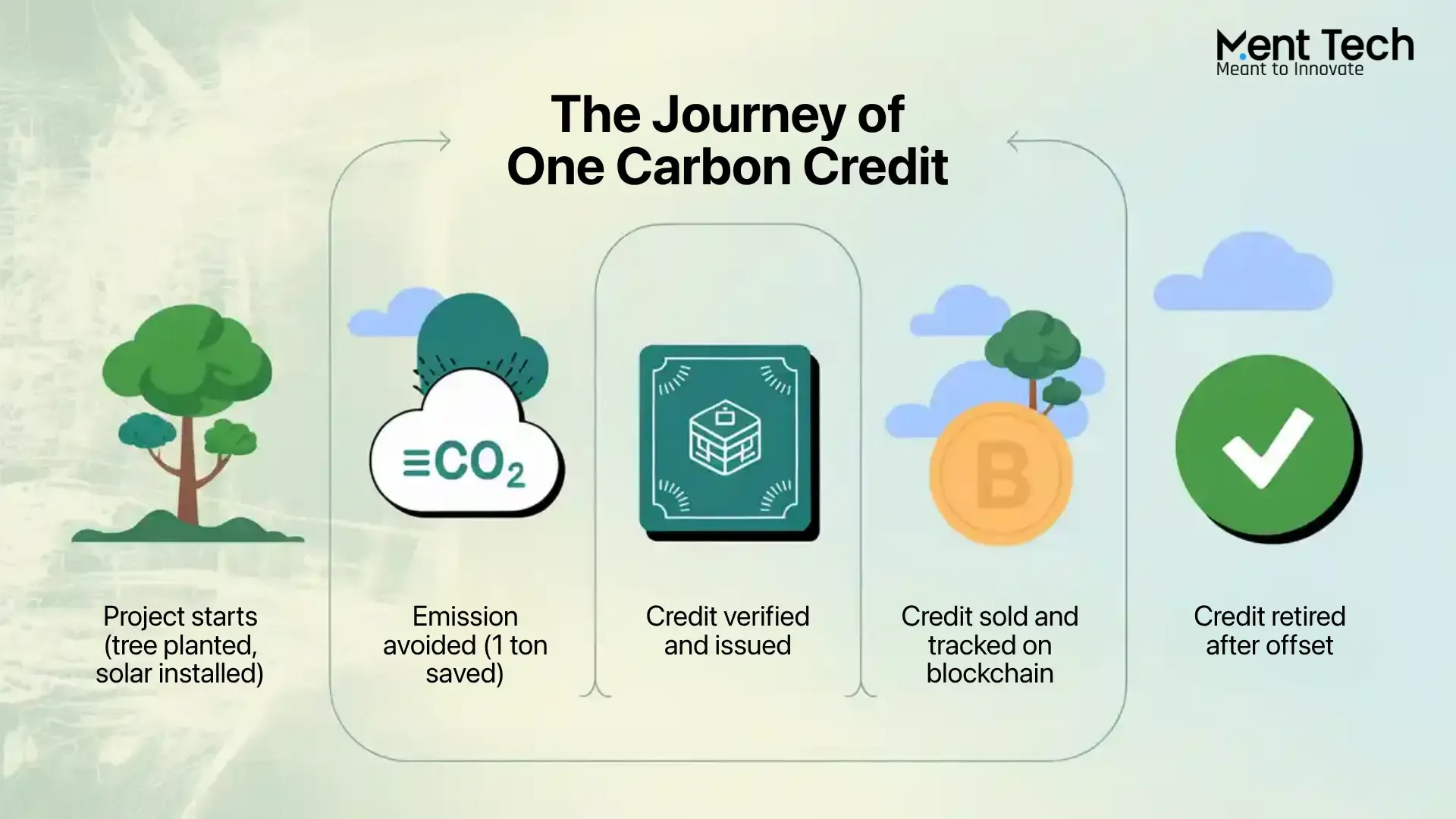5 Real World Use Cases of Blockchain You Should Know About

Strong 8k brings an ultra-HD IPTV experience to your living room and your pocket.
Blockchain is no longer just a buzzword linked to cryptocurrencies. It has evolved into a transformative technology with the potential to redefine how businesses and governments operate. While many people associate blockchain primarily with Bitcoin, its real-world applications span across multiple industries—offering transparency, security, and decentralization.
✍️ The combination of AI and blockchain is powerful. Visit our AI and blockchain integration article to see how these technologies complement each other.
In this blog, we’ll explore 5 real world use cases of blockchain that are actively reshaping industries and solving modern-day challenges.
1. Supply Chain Transparency and Tracking
One of the most widely adopted and successful applications of blockchain is in supply chain management. Traditional supply chains are often complex, involving multiple stakeholders and lacking transparency. This can lead to issues such as counterfeit goods, delayed shipments, and inefficient inventory management.
How Blockchain Helps:
- Blockchain creates an immutable ledger of transactions.
- Every step of a product’s journey—from manufacturer to consumer—can be recorded and verified.
- Smart contracts can automatically enforce terms and conditions without human intervention.
Real Example:
IBM Food Trust, in collaboration with Walmart and other retail giants, uses blockchain to trace the origin of food products. In case of contamination, they can identify the source in seconds rather than days, reducing waste and improving food safety.
2. Healthcare Data Management
The healthcare industry faces challenges like fragmented patient records, lack of interoperability between systems, and data breaches. Blockchain technology can play a critical role in securing sensitive medical data and streamlining the way information is shared across providers.
How Blockchain Helps:
- Patients can have full control over their medical history through a secure, encrypted digital identity.
- Doctors and hospitals can access verified data quickly, reducing administrative delays.
- Reduces the risk of errors and duplications in patient records.
Real Example:
MedRec, a blockchain-based system developed by MIT, is designed to manage medical records securely and grant access only to authorized users. It ensures data integrity and allows for decentralized data sharing among healthcare providers.
3. Cross-Border Payments and Financial Services
International money transfers can be slow, expensive, and reliant on multiple intermediaries. Blockchain simplifies this by offering a decentralized, fast, and secure way to transfer money globally.
How Blockchain Helps:
- Transactions are recorded on a public ledger, increasing transparency.
- Reduces transaction time from days to minutes.
- Minimizes fees by eliminating middlemen.
Real Example:
RippleNet is widely used by financial institutions for real-time cross-border transactions. Banks like Santander and Standard Chartered use Ripple to transfer money faster and more securely compared to traditional systems like SWIFT.
4. Digital Identity Verification
Many people across the globe lack legal identification, which can limit access to banking, healthcare, and education. Blockchain can provide secure digital identities to individuals, ensuring greater inclusion and security.
How Blockchain Helps:
- Users have a single, verifiable identity across services.
- Reduces identity theft and fraud.
- Enables instant KYC (Know Your Customer) processes for financial institutions.
Real Example:
ID2020, a public-private partnership, is working on giving people secure digital IDs using blockchain. The goal is to help those without government-issued IDs gain access to critical services.
5. Voting and Governance
Trust in electoral systems has been declining in many parts of the world. Blockchain offers a secure and tamper-proof solution to improve transparency and trust in voting processes.
How Blockchain Helps:
- Each vote is securely recorded and cannot be altered.
- Voter identity and participation can be verified instantly.
- Reduces the chances of fraud, double voting, and vote manipulation.
Real Example:
Voatz, a blockchain-based mobile voting platform, has been used in pilot programs in U.S. states like West Virginia, allowing overseas military personnel to vote securely. It demonstrated how blockchain could make voting more accessible and trustworthy.
Why Blockchain Is the Backbone of These Use Cases
All of the above use cases have one thing in common: the need for trust, transparency, and security. Blockchain’s decentralized nature ensures that no single entity can manipulate the data. Every transaction is time-stamped, verifiable, and immutable, making it an ideal solution for real-world problems.
Common Benefits Across Use Cases:
- Transparency: Every transaction is recorded and visible to all authorized participants.
- Security: Advanced cryptography protects data from tampering.
- Efficiency: Smart contracts automate processes, reducing manual work and errors.
- Cost-Effectiveness: Cuts down on administrative costs and intermediaries.
- Industries Actively Embracing Blockchain
In addition to the sectors mentioned above, other industries are quickly exploring blockchain's potential:
- Real Estate: For property ownership verification and reducing paperwork.
- Media & Entertainment: For digital rights management and royalty distribution.
- Automotive: For maintenance tracking and decentralized ride-sharing platforms.
- Insurance: For automating claims through smart contracts.
The Road Ahead
As blockchain technology matures, more real-world use cases are expected to emerge. Governments, corporations, and startups are heavily investing in blockchain research and development. With improved scalability, regulation, and adoption, blockchain could become as essential as the internet itself.
However, challenges such as energy consumption, regulatory uncertainty, and technical complexity still need to be addressed. Industry collaborations and open-source development are accelerating progress in these areas.
Conclusion
The real-world use cases of blockchain go far beyond just cryptocurrencies. From healthcare and supply chains to finance and governance, blockchain is bringing efficiency, security, and innovation across industries. As more companies and institutions adopt this technology, the way we store data, transfer assets, and build trust will be fundamentally transformed.
If you’re considering integrating blockchain into your business operations, partnering with a blockchain app development company can help you design customized, scalable, and secure solutions tailored to your specific needs.
FAQs
Q1: Is blockchain only useful for large enterprises?
No, businesses of all sizes can benefit from blockchain, especially in areas like digital identity, payments, and transparent record-keeping.
Q2: How is blockchain different from a traditional database?
Blockchain is decentralized and immutable, meaning once data is recorded, it cannot be changed. Traditional databases are centralized and prone to tampering.
Q3: Can blockchain be hacked?
Blockchain is highly secure due to its cryptographic nature. However, vulnerabilities can arise from poorly implemented smart contracts or user errors.
Q4: Is blockchain legal everywhere?
The legality of blockchain applications varies by country and industry. Some countries regulate cryptocurrencies, while others support blockchain innovation through regulatory sandboxes.
Q5: How long does it take to develop a blockchain app?
It depends on the complexity of the app, required features, and level of customization. Basic apps may take a few weeks, while enterprise-level solutions can take several months.
Note: IndiBlogHub features both user-submitted and editorial content. We do not verify third-party contributions. Read our Disclaimer and Privacy Policyfor details.







